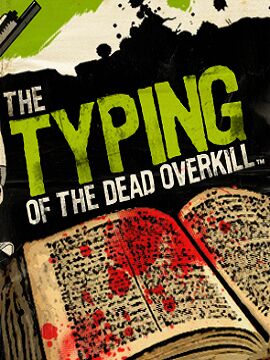Imaginary Performances in Shakespeare
In Imaginary Performances in Shakespeare visionary modernist theatre director Aureliu Manea analyses the theatrical possibilities of Shakespeare. Through nineteen Shakespeare plays Manea sketches the intellectual parameters the visual languages and the emotional worlds of imagined stage interpretations of each; these nineteen short essays are appended by his essay ‘Confessions ’ an autobiographical meditation on the nature of theatre and the role of the director. This captivating book which will be attractive to anyone interested in Shakespeare and modern theatre.

























